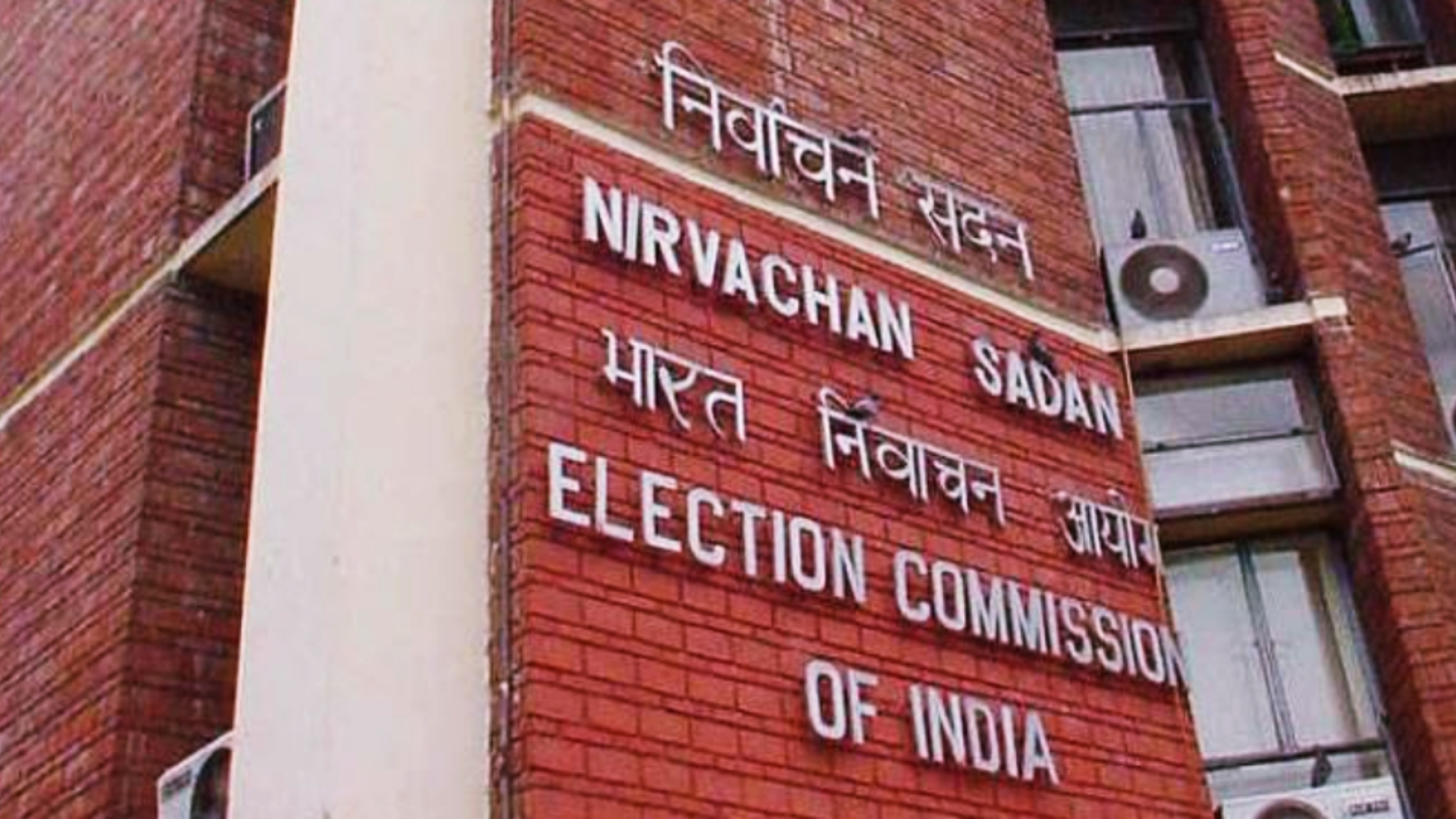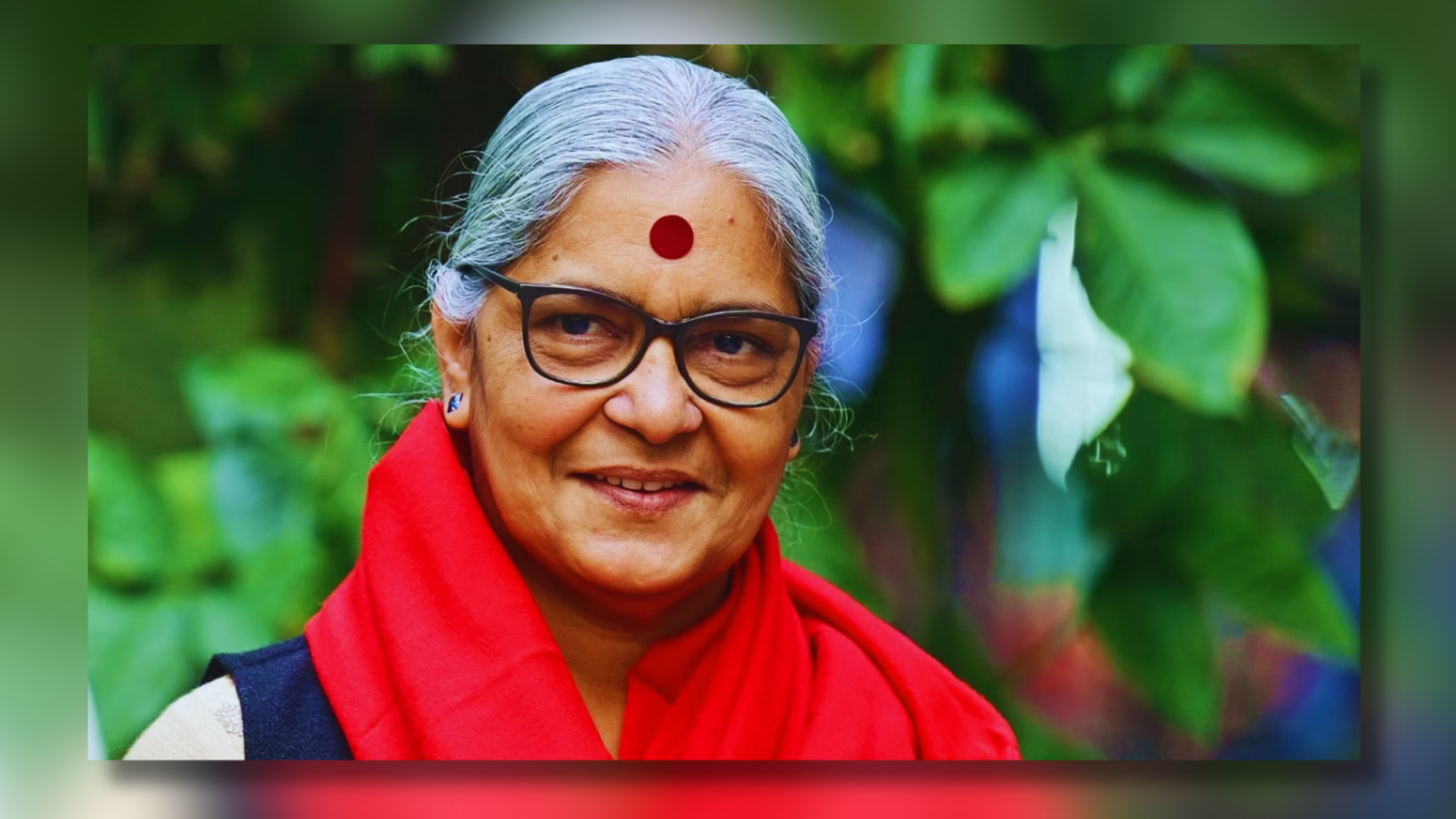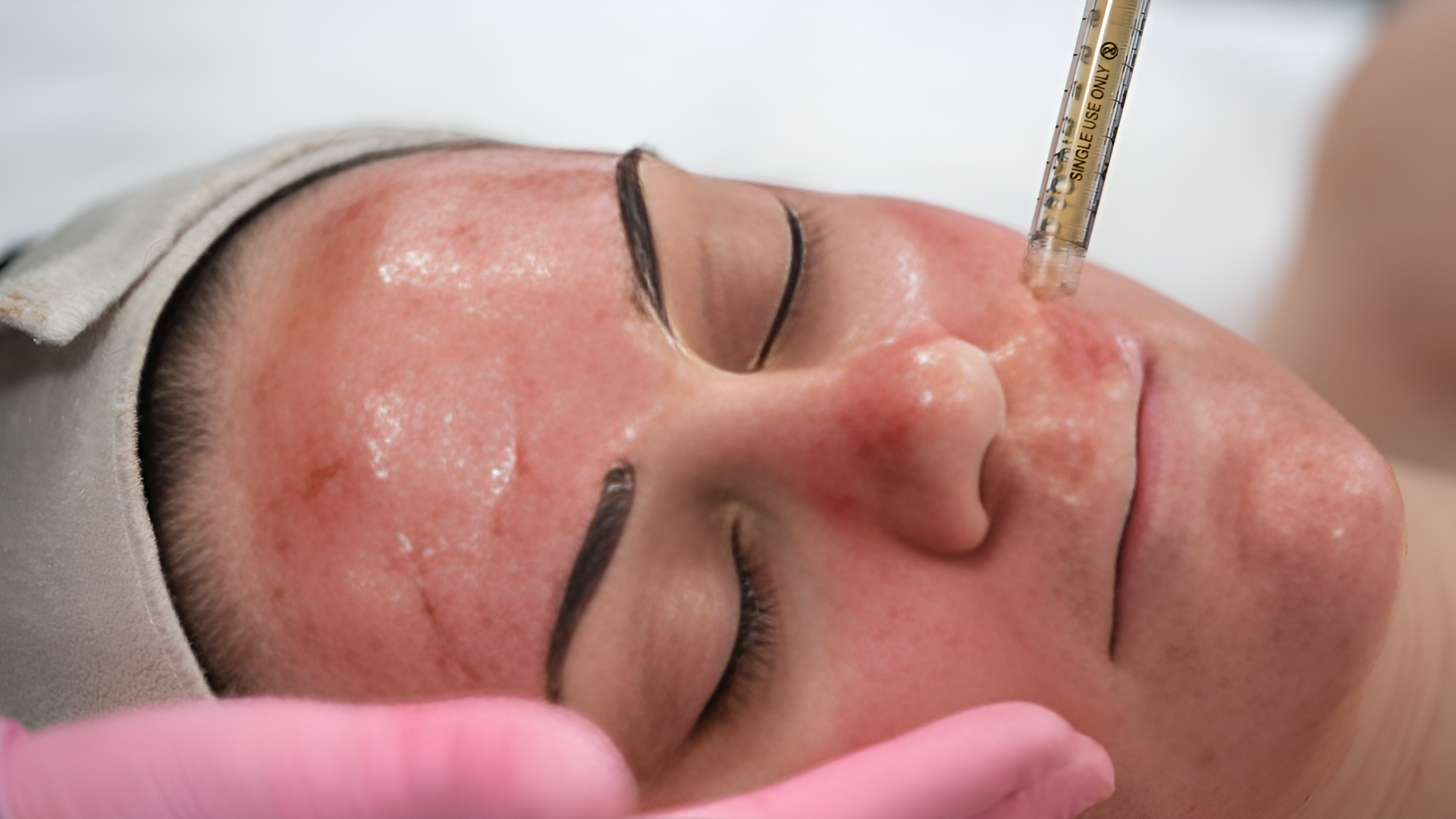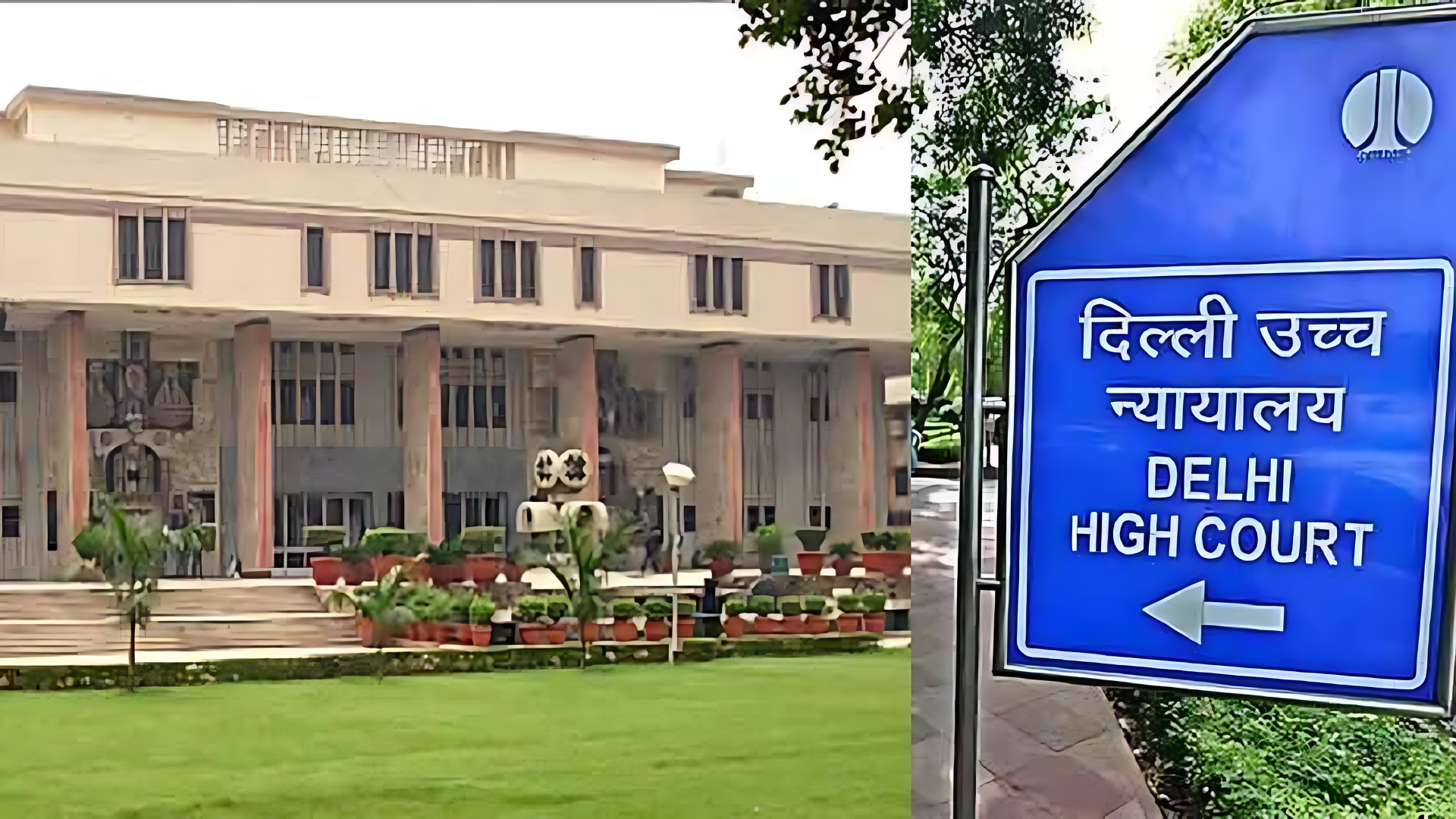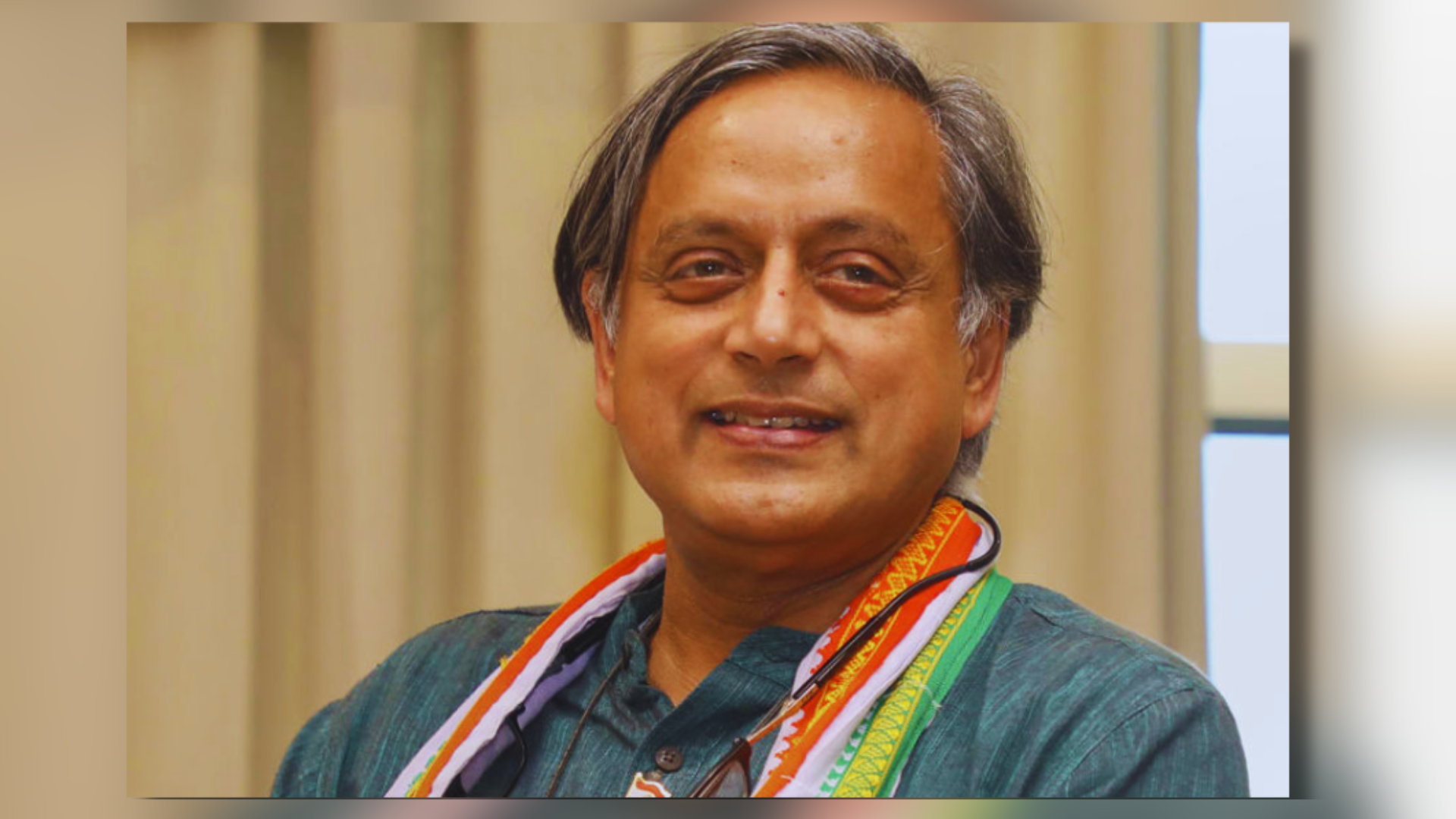


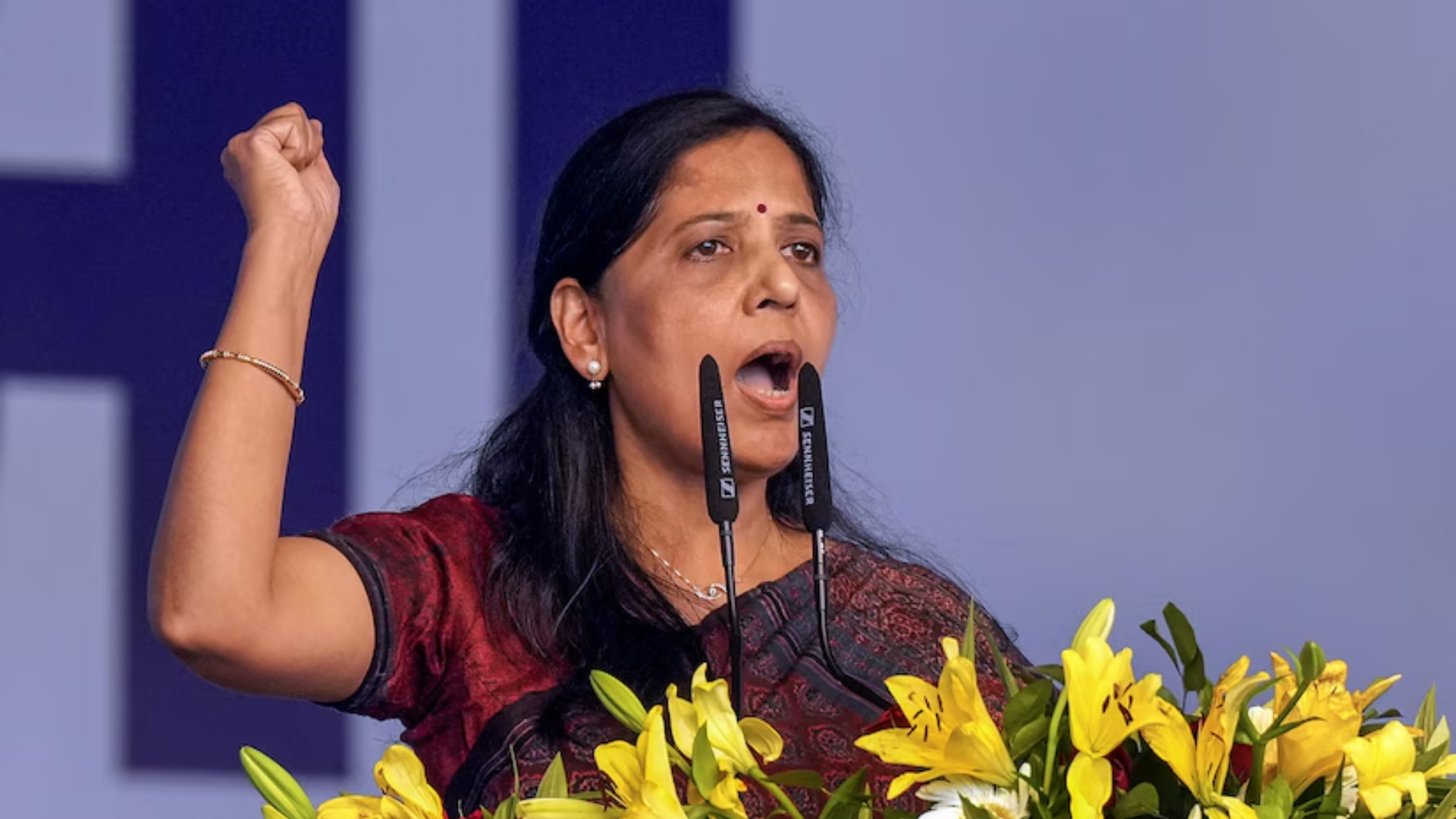

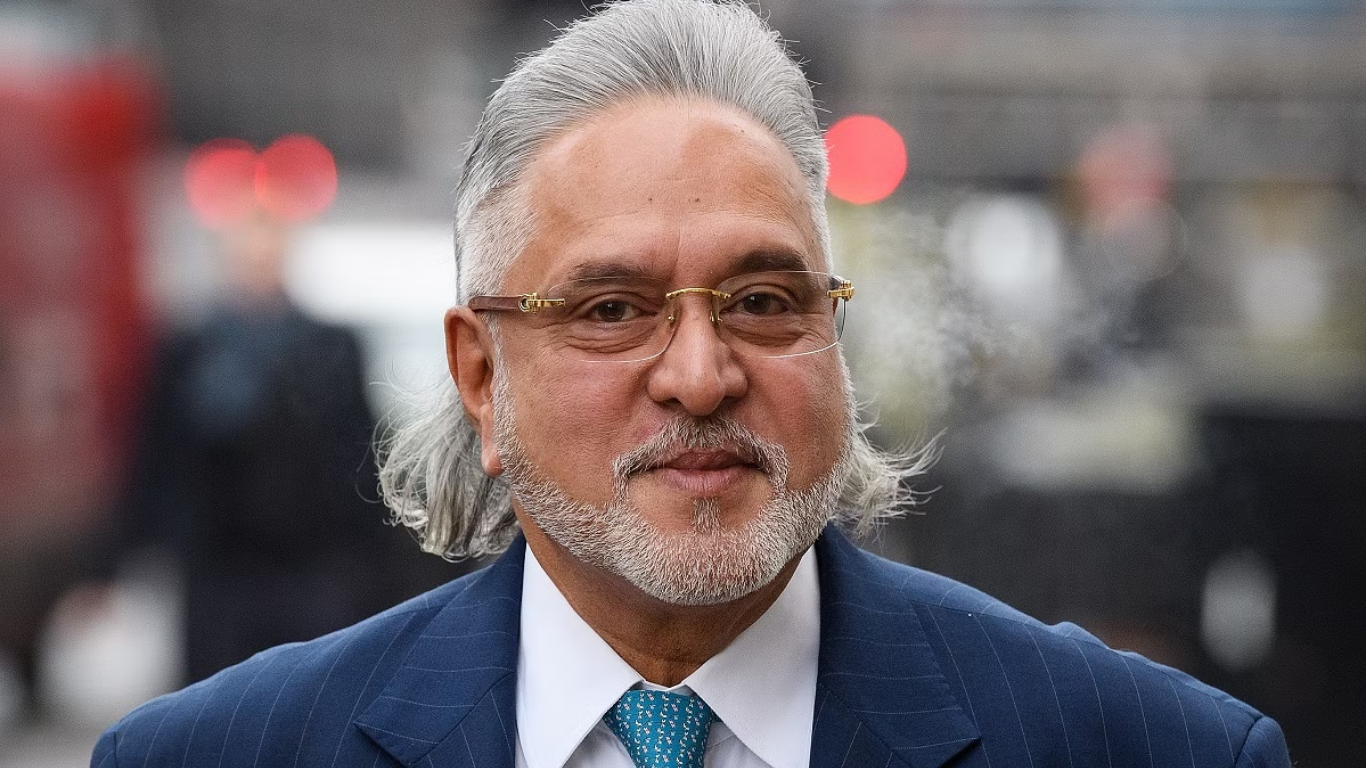

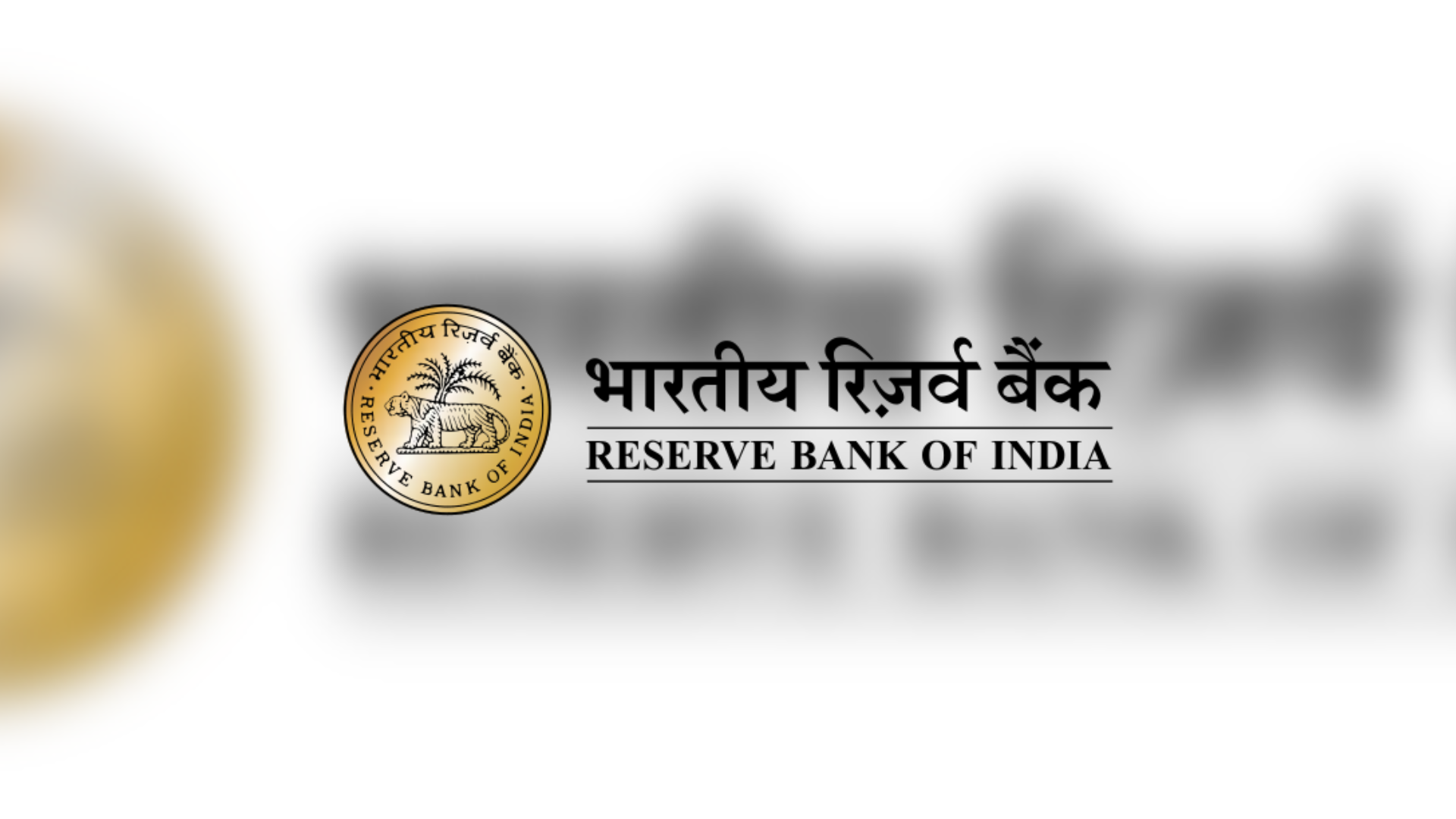

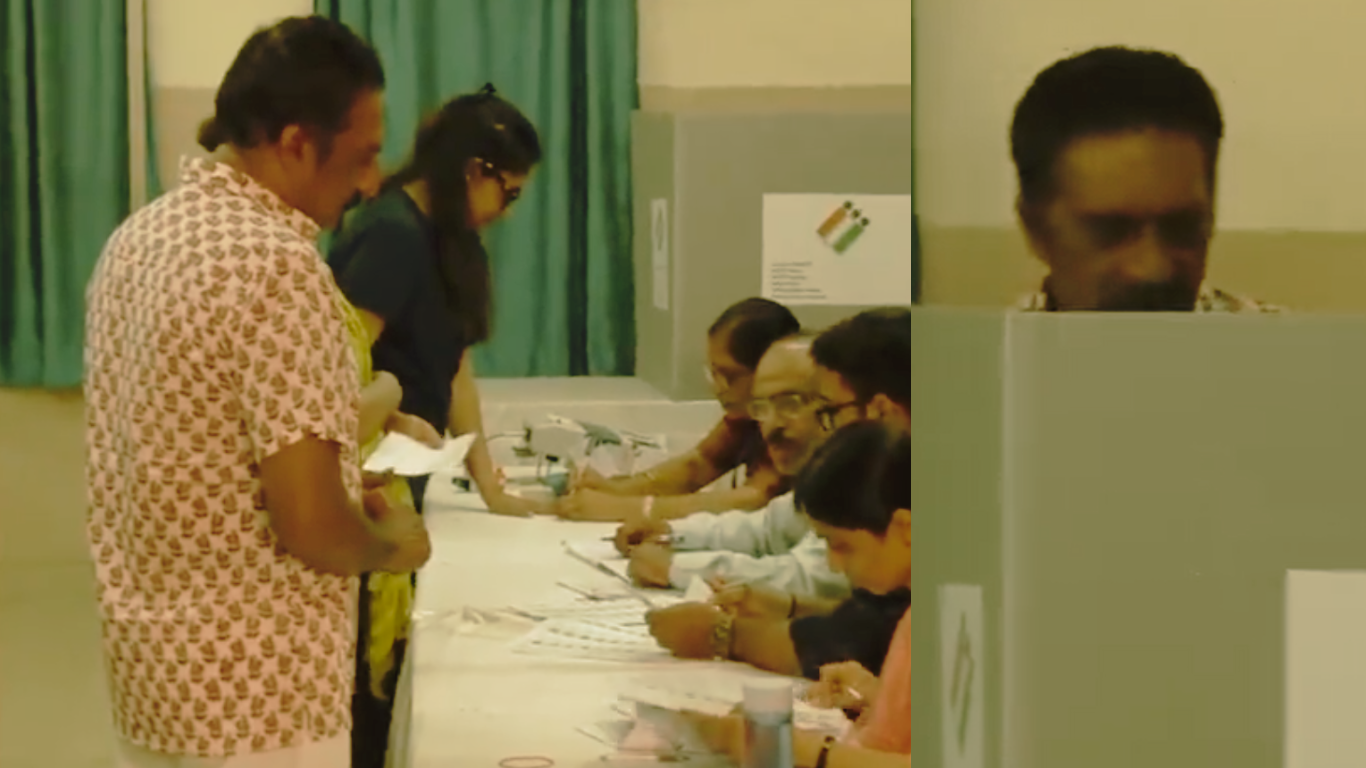
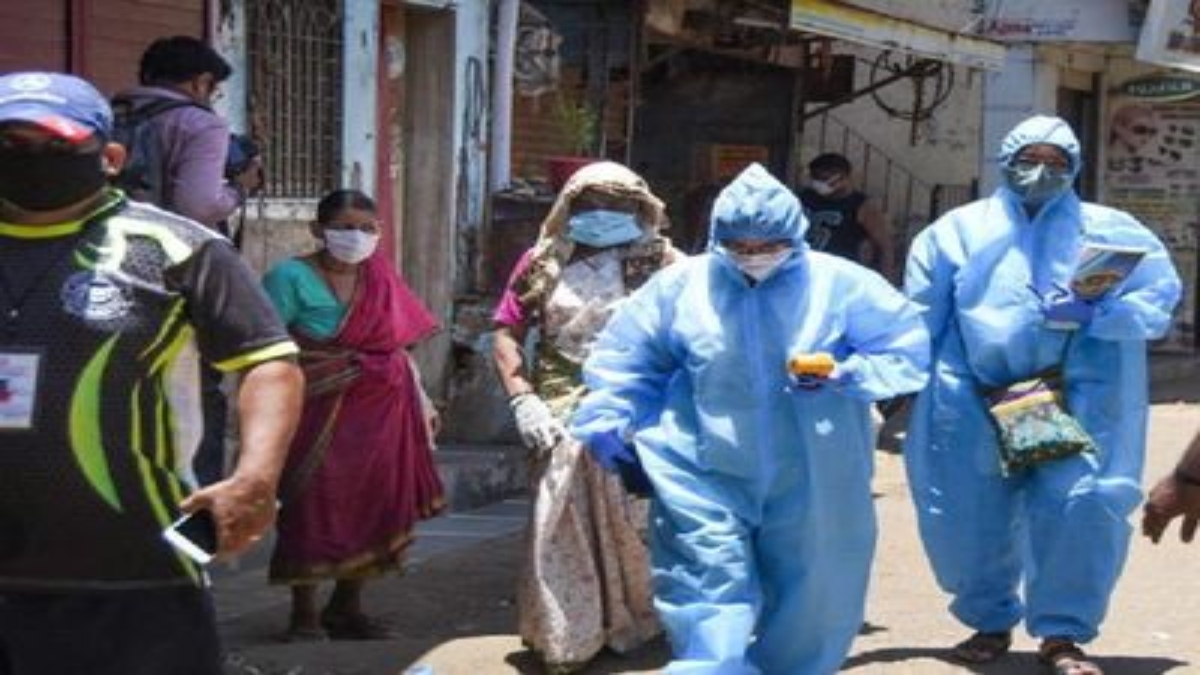
A total of 6,936 samples were collected from 3 wards in slums and non-slums in the first round of Serological Surveillance for SARS-CoV2 commissioned by NITI-Aayog, Municipal Corporation of Greater Mumbai (MCGM) and Tata Institute of Fundamental Research (TIFR), said Brihanmumbai Municipal Corporation (BMC) on Tuesday.
The systematically conducted study estimate around 57 per cent Sero-prevalence in slums and 16 per cent sero-prevalence in non-slums, on an average, in the three wards that were studied.
As a large cross-sectional survey in India, this study aimed to estimate Sero-prevalence in the population-based on random sampling methodology from age and gender stratified samples from the general population and Health care workers, and at two-time points to infer epidemic spread.
The results of the study suggest that asymptomatic infections are likely to be a high proportion of all infections. “The higher prevalence in slums could be possibly due to population density and shared common facilities (toilets, water points). Taking together the current prevalence (estimated here) and records from BMC on reported deaths, the infection fatality rate (IFR) is likely to be very low (0.05-0.10 per cent). Among others, this could be attributed to effective containment efforts and active measures to isolate symptomatic cases by MCGM,” BMC said
Also read: West Bengal extends partial lockdown till August 31
Also read: SC asks Centre to verify J&K’s response on restoration of 4G services
The lower prevalence in non-slums could be due to better social distancing and access to better hygiene in addition to interventions by MCGM to stem the spread of infection, BMC said.
“Although it is still unclear what level of prevalence leads to herd immunity, findings indicate that at least in slums this could be attained sooner than later, if the immunity exists and persists in a significant proportion of the population,” BMC stated.
According to the Indian Council of Medical Research (ICMR), sero-surveys help to understand the proportion of the population exposed to SARS-CoV-2 infection including asymptomatic individuals. Depending upon the level of sero-prevalence of infection, appropriate public health interventions can be planned and implemented for prevention and control of the disease.
The total number of COVID-19 cases in Mumbai is now 1,10,846 with 717 fresh cases reported today. 2,467 patients were discharged today, taking the total number to 84,411. Total active cases are 20,251 and death toll stands at6184, said Municipal Corporation Greater Mumbai on Tuesday.
As many as 7,717 fresh COVID-19 cases, 10,333 discharges and 282 deaths reported in the state today. Total cases in Maharashtra is now 3,91,440 including 2,32,277 discharged,14,165 deaths and 1,44,694 active cases, said Maharashtra health department on Tuesday.
Also read: Prakash Javadekar releases Tiger Census report on Global Tiger Day eve


